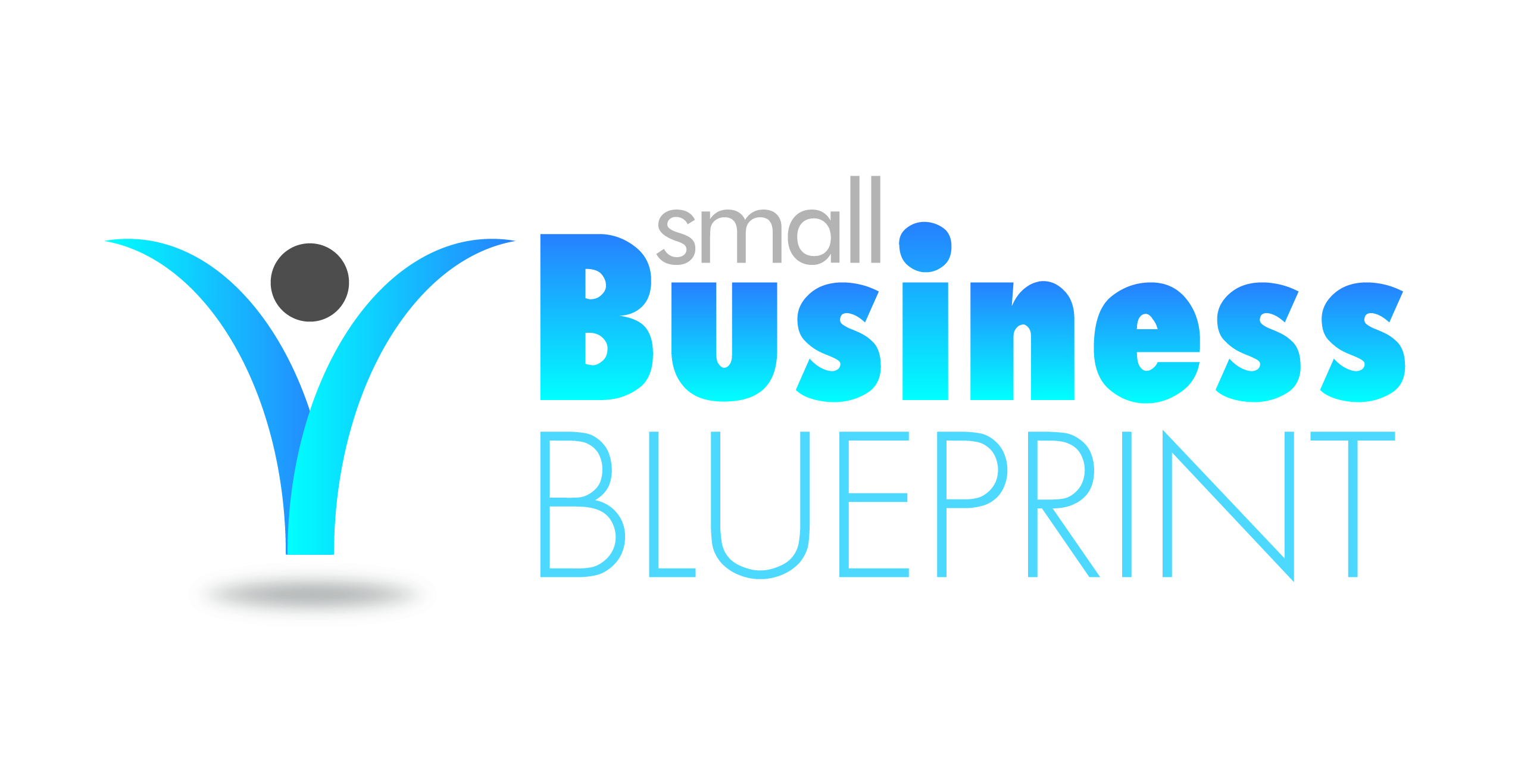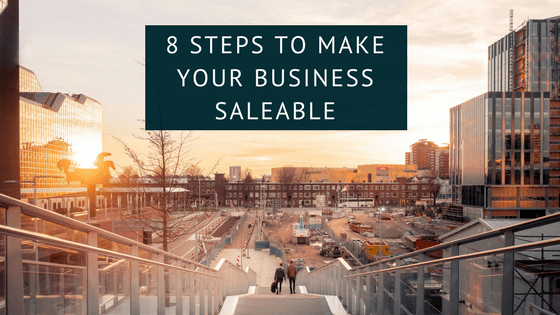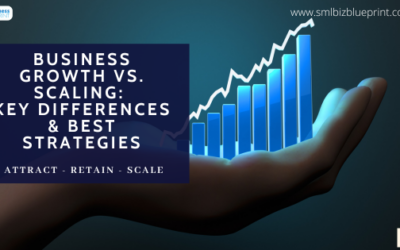Starting a new business?
Thinking of selling your business?
Have an exit strategy? Need an exit strategy?
Most business owners do not have an exit strategy. Or maybe they do and it is either retirement or death.
Everyone has all these dreams when they enter a business or begin a business except a clear vision of their end goal. Their end goal should be a plan to exit their business.
Now I am not saying that you have to sell your business but you do need to set it up so that if you decide to sell it you can. Why else did you go into business except to make a financial return and gain?
If you have a plan in place that will allow you to sell your business then you are in the driver’s seat and you make that decision when you are ready. That is much preferable than having someone else make that decision for you, or a health or lifestyle change forcing you to sell the business for far less than it is worth.
Your business should be set-up to suit your lifestyle not your lifestyle to revolve around your business.
Follow these eight steps to build a business you can sell one day:
- Identify a scalable product or service.
Scalable products meet three criteria:
- Teachable-you can train people or program technology to deliver them.
- Valuable-your customers want to buy them.
- Repeatable-you can show an acquirer a future stream of income.
Once you’ve picked a product or service that is scalable, document for your employees how to sell and deliver it.
- Create a positive cash flow cycle.
The more working capital an acquiring company must put into your business, the lower its potential return on equity, and the less it will pay for your business. Create a positive cash flow cycle by charging up front or at least in staged billing so that you get paid before buying the products or services you’re selling.
Leveraging online billing platforms will allow you to send invoices electronically (saving the snail mail lag time) and to preprogram invoices to be deployed at scheduled intervals.
- Put lead generation on autopilot.
Most business owners are their company’s best salesperson. That may seem a positive, but if you want to build a company you can eventually sell, you need to show that sales are not dependent on you personally.
Create a lead-generation engine that works when you’re sleeping.
Utilising the power of digital marketing with either Google, Facebook, Twitter, Email marketing and Landing Page software can be combined to set up a system that operates automatically.
Develop a consistent and reliable content marketing system with your company blog will allow you to attract new clients and leads.
If your company sells face-to-face, replace yourself with salespeople
.
- Stop accepting orders for anything but your scalable product/service.
You need to stop selling everything but the product/service identified in Step 1.
Great companies are the best at one thing. It makes them referable and ultimately sellable. Acquirers do not want to buy the “padding” in your business. They want the one product or service that makes you famous.
Once you have started to charge up front, you’ll have the cash to absorb any short-term revenue drop while customers adjust to buying only your scalable product.
- Launch a long-term incentive plan for staff.
A buyer needs to see your key people will stay after you’re gone.
A long-term incentive plan sets aside a portion of an employee’s annual bonus in a locked-in account for three years.
Upon the third year and in each subsequent year, the employee can pull out a third of the value. That way, he or she will always have to walk away from three years’ worth of bonuses to quit.
- Find a broker.
Selling your business may be the largest transaction of your life, so get a professional to represent you.
Good brokers create competitive tension and earn the success fees they charge.
- Tell your team.
An acquirer will want to meet your management team before closing the deal.
Explain to your employees how the acquisition will help them (e.g., career advancement) and consider offering a “success bonus” upon the sale of your company.
Pay the bonus in two installments: one just after closing; the second, six months later to those who stay through the transition.
- Convert offers to a binding deal.
Your broker will (hopefully) generate offers for your business.
Most of the time, these will be non-binding letters of intent (LOIs) that request a period of exclusivity to conduct due diligence. Like a home inspector, the acquirer will find warts in your business during diligence.
Remain calm and expect the offer to be discounted from the number in the Letter of Intent. If the post-diligence offer meets with your approval, go ahead and close the deal.
Now all these steps will take time and need to be followed in order.
You don’t go out today and tell your team otherwise you will be left holding the can and a lot of work to do.
First start with changing your business with the first few steps, think about an incentive scheme, implement the scheme. Then over time you will be ready to talk to a number of brokers when you are closer to wanting to sell your business.
The important thing is to get your business ready for sale then the rest of the process will be alot easier.





